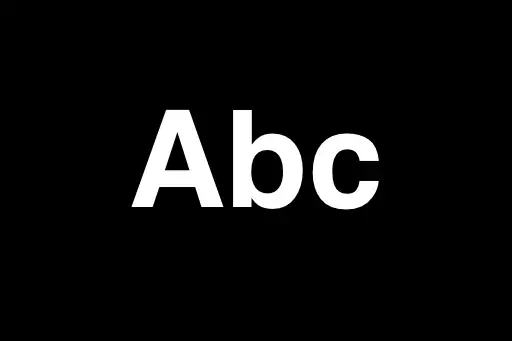Given a non-negative integer n, your task is to count the number of set bits (1s) in its binary representation.
For example, the number 13 has binary form 1101, which contains three set bits. The expected output is 3.
 Chapter 1: Sorting6
Chapter 1: Sorting6 Chapter 2: Arrays32
Chapter 2: Arrays32 Chapter 3: Arrays - Binary Search28
Chapter 3: Arrays - Binary Search28 Chapter 4: Strings19
Chapter 4: Strings19 Chapter 5: Bit Manipulation15
Chapter 5: Bit Manipulation15 Chapter 6: Sliding Window & Two Pointer Problems12
Chapter 6: Sliding Window & Two Pointer Problems12 Chapter 7: Matrix3
Chapter 7: Matrix3 Chapter 8: Matrix - Binary Search4
Chapter 8: Matrix - Binary Search4 Chapter 9: Binary Trees36
Chapter 9: Binary Trees36 Chapter 10: Binary Search Trees14
Chapter 10: Binary Search Trees14 Chapter 11: Graphs46
Chapter 11: Graphs46 Chapter 12: Tries4
Chapter 12: Tries4#include <stdio.h>
int countSetBits(unsigned int n) {
int count = 0;
while (n) {
n = n & (n - 1); // remove rightmost set bit
count++;
}
return count;
}
int main() {
unsigned int number = 13;
printf("Number of set bits in %u: %d\n", number, countSetBits(number));
return 0;
}| Case | Time Complexity | Explanation |
|---|---|---|
| Best Case | O(1) | In the best case, the input number n is 0, which immediately satisfies the loop condition and returns the count without any iterations. |
| Average Case | O(k) | The algorithm runs in O(k), where k is the number of set bits in the binary representation of n. This is because each iteration removes one set bit. |
| Worst Case | O(log n) | In the worst case, all bits in n are set (e.g., n = 2^k - 1). Since there are log n bits in total, the loop runs log n times. |
Comments
Loading comments...